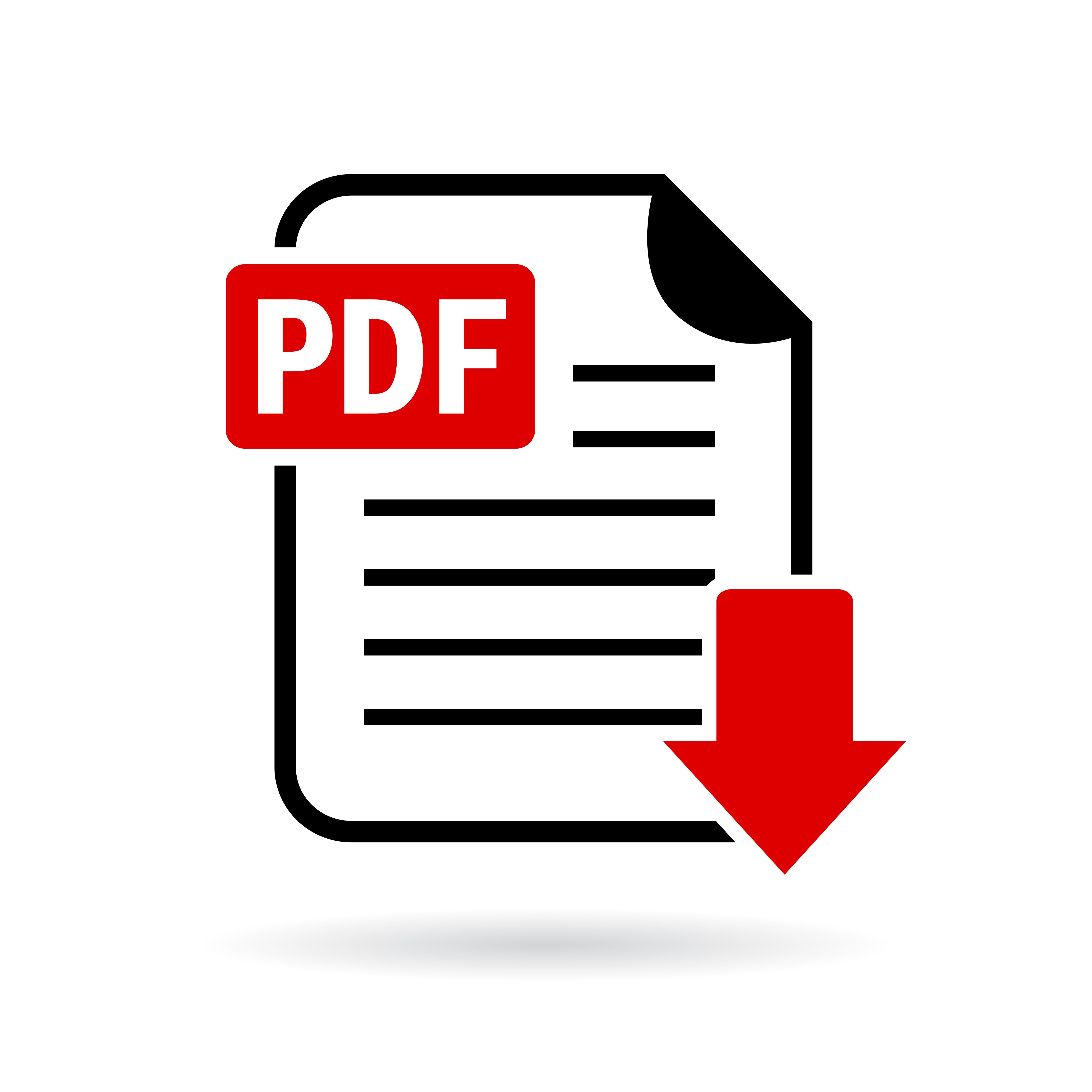The FDA Is Needed Now More Than Ever
Intense political pressure and questionable decisions have caused the once-vaunted reputation of the FDA to come under fire.
The FDA was created in 1906, during the administration of Theodore Roosevelt, by the Pure Food and Drug Act to ensure the safety and purity of the American food supply by prohibiting interstate transport of “adulterated” food.1 This resulted from the writing of various contemporary journalists, including Upton Sinclair.
Although the FDA initially supervised food quality and production, it came into a new age of pharmaceutical oversight and approval in 1938 with the Federal Food, Drug, and Cosmetic Act signed by President Franklin Delano Roosevelt. This act gave the mandate of ensuring that drugs and over-the-counter products be “safe and effective” with greater oversight responsibilities, including premarketing review.2 The FDA achieved its vaunted regulatory status and international respect with the thalidomide application in 1961. In this application for treatment of “morning sickness” for pregnant women, FDA reviewers delayed approval over efficacy claims. This saved Americans, by and large, from the trauma of an epidemic of birth defects, specifically phocomelia, because of the use of this drug in pregnancy.3
As a result of this close call, the FDA has been the most cautious and evidence-based of all international pharmaceutical oversight agencies; FDA decisions are considered the gold standard for drug approvals throughout the world.
Such a long-term and conscientiously earned reputation is highly valued and difficult to maintain. It can be easily lost and, unfortunately, the current FDA seems destined to squander 60 years of hard-earned trust. First, we heard a scientifically unsophisticated president advocate for a drug that lacked all evidence of efficacy (and, in fact, had failed many oncology trials based on a wide range of proposed activity, including autophagy). Yet, apparently under political pressure, the FDA gave hydroxychloroquine an emergency use authorization, and the US government stockpiled massive quantities of the drug. Subsequently, phase 3 trials showed this drug may be harmful and was not effective. This was a bad precedent. And the perception of political influence was reinforced with the emergency use authorization for plasma. although the approval is based on historical use of immune plasma and a very large database, it was uncontrolled. Comments by FDA Commissioner Stephen M. Hahn, MD, said “35% of patients benefitted” were not helpful, as a 3% difference in mortality was seen between early and late application of plasma.
Given the already existing vaccine skeptics, the FDA must do more than ever to assure the safety of any severe acute respiratory syndrome coronavirus 2 vaccine. We need truth and transparency and we call on Hahn to uphold these standards. Leadership must be above suspicion of playing politics. We call on FDA officials to maintain the complete standards of safety and efficacy for this vaccine, without “cutting corners.” We need complete and accurate presentation of the phase 3 data, that can be reviewed in detail by health care providers. We, as physicians, must be able to assure our patients of major benefits and minimal risks of any approved vaccines.
Hahn and colleagues, please be the FDA we expect and need!
REFERENCES
1. US Food and Drug Administration. The history of FDA’s fight for consumer protection and public health. Updated June 29, 2018. Accessed September 24, 2020. https://www.fda.gov/about-fda/history-fdas-fight-consumer-protection-and-public-health
2. US Food and Drug Administration. Part II: 1938, Food, Drug, Cosmetic Act. Updated November 27, 2018. Accessed September 24, 2020. https://www.fda.gov/about-fda/fdas-evolving-regulatory-powers/part-ii-1938-food-drug-cosmetic-act
3. US Food and Drug Administration. Frances Oldham Kelsey: medical reviewer famous for averting a public health tragedy. Updated February 1, 2018. Accessed September 24, 2020. https://www.fda.gov/about-fda/virtual-exhibits-fda-history/frances-oldham-kelsey-medical-reviewer-famous-averting-public-health-tragedy

Late Hepatic Recurrence From Granulosa Cell Tumor: A Case Report
Granulosa cell tumors exhibit late recurrence and rare hepatic metastasis, emphasizing the need for lifelong surveillance in affected patients.
